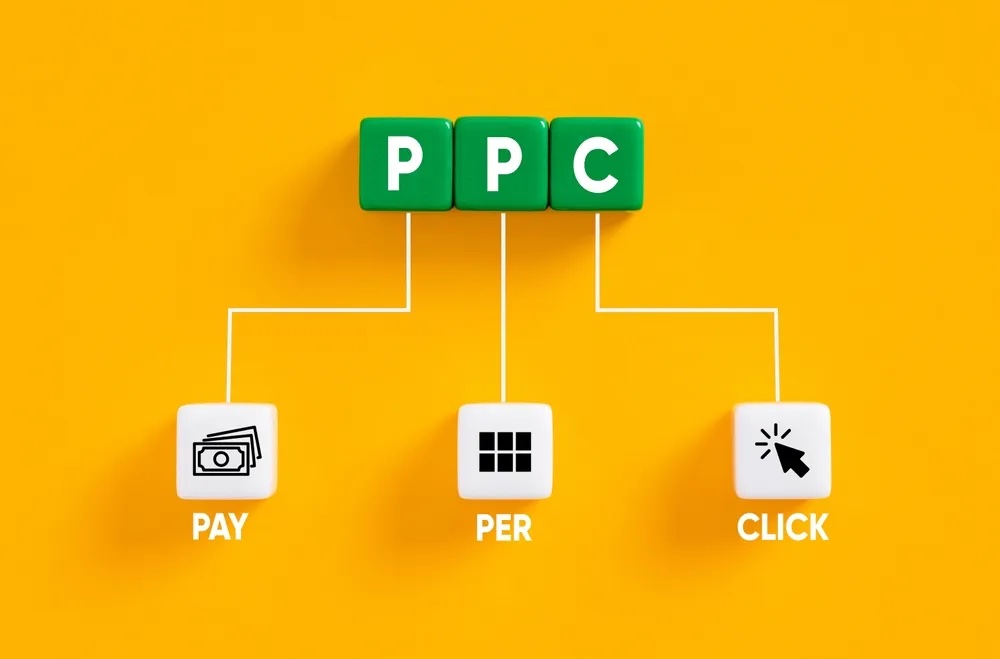The Ultimate Guide to Crafting Effective PPC Campaigns
In today’s digital landscape, Pay-Per-Click (PPC) advertising stands as a cornerstone of effective digital marketing strategies. Whether you're aiming to boost brand awareness, drive traffic to your website, or increase conversions, mastering PPC campaigns can significantly elevate your online presence and achieve tangible business results. This comprehensive guide will walk you through everything you need to know to create and manage successful PPC campaigns.
What is PPC Advertising?
PPC advertising is a model where advertisers pay a fee each time their ad is clicked. It’s a way of buying visits to your site rather than attempting to earn those visits organically. Search engine advertising is one of the most popular forms of PPC, where advertisers bid for ad placement in a search engine's sponsored links when someone searches on a keyword that is related to their business offering.
Why PPC Campaigns Matter
PPC campaigns offer several key advantages for businesses:
- Immediate Visibility: Unlike SEO, PPC ads provide immediate visibility on search engine results pages (SERPs) once the campaign is launched.
- Targeted Audience Reach: Ads can be targeted based on keywords, location, device, time, and even demographics, ensuring your message reaches the right audience.
- Measurable Results: PPC platforms provide detailed analytics and reporting, allowing you to measure the success of your campaigns in real-time.
- Controlled Budget: You have full control over how much you spend on PPC campaigns, with the ability to set daily or campaign budgets.
Key Elements of a Successful PPC Campaign
1. Goal Setting and Strategy Development
Before launching a PPC campaign, define clear objectives. Common goals include increasing sales, generating leads, boosting website traffic, or promoting brand awareness. Your strategy should align with these goals and include:
- Keyword Research: Identify relevant keywords that potential customers are likely to use when searching for your products or services.
- Competitor Analysis: Study competitors' PPC strategies to identify opportunities and refine your approach.
2. Campaign Structure and Ad Groups
Organize your campaigns and ad groups logically to ensure relevancy and efficiency:
- Campaigns: Each campaign should focus on a specific product, service, or marketing objective.
- Ad Groups: Within each campaign, create ad groups that contain a set of closely related keywords and ads. This improves ad relevance and Quality Score, which affects your ad rank and cost-per-click (CPC).
3. Compelling Ad Copy and Ad Extensions
Write compelling ad copy that captures attention and encourages clicks:
- Headline: Grab attention with a clear, concise headline that includes relevant keywords.
- Description: Highlight unique selling points, benefits, and calls-to-action (CTAs) that prompt users to take action.
- Ad Extensions: Utilize extensions like site links, callouts, and structured snippets to provide additional information and improve ad visibility.
4. Landing Page Optimization
Direct users to a dedicated landing page that is relevant to the ad they clicked on:
- Relevance: Ensure the landing page content matches the ad's messaging and keywords.
- User Experience: Design a clear and intuitive layout with a compelling CTA and easy navigation.
5. Bid Management and Budget Allocation
Effective bid management is crucial for maximizing ROI:
- Keyword Bidding: Adjust bids based on keyword performance, competition, and goals.
- Budget Allocation: Monitor spending and allocate budget to campaigns and ad groups that yield the best results.
6. Continuous Monitoring and Optimization
PPC campaigns require ongoing monitoring and optimization to improve performance:
- Performance Analysis: Regularly review key metrics such as click-through rate (CTR), conversion rate, Quality Score, and cost-per-acquisition (CPA).
- A/B Testing: Experiment with different ad variations, landing pages, and bidding strategies to identify what works best.
- Campaign Adjustments: Make data-driven adjustments based on insights to enhance campaign effectiveness and efficiency.
Tools and Resources for PPC Success
- Google Ads: The most popular PPC platform, offering robust targeting options and extensive reach.
- Microsoft Advertising: Formerly Bing Ads, ideal for reaching users on Bing and Yahoo search engines.
- Google Analytics: Provides in-depth insights into website traffic and user behavior, integrating seamlessly with Google Ads.
- PPC Management Software: Tools like SEMrush, SpyFu, and WordStream offer advanced features for campaign management, keyword research, and competitor analysis.
Mastering PPC campaigns requires a combination of strategic planning, meticulous execution, and continuous optimization. By defining clear goals, conducting thorough keyword research, crafting compelling ad copy, and leveraging analytics, businesses can create impactful PPC campaigns that drive traffic, conversions, and revenue growth. Embrace the dynamic nature of PPC advertising, stay updated with industry trends and best practices, and consistently refine your approach to achieve sustainable success in the competitive digital landscape.
Implement the strategies outlined in this guide, adapt them to your business needs, and watch as your PPC campaigns propel your business to new heights of online success.






































